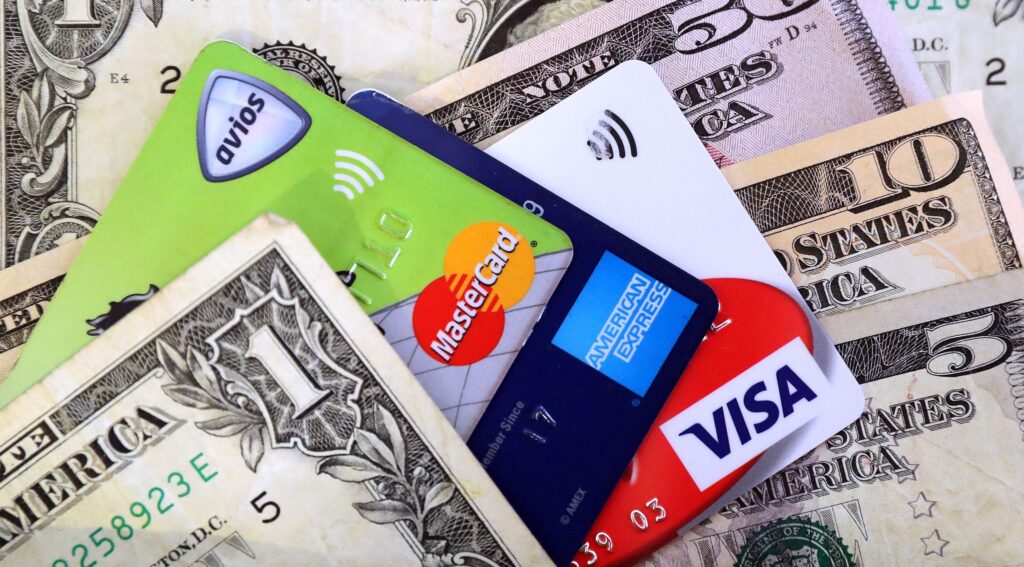Consumer Reports: Simple steps for paying down your credit card debt
INDIANAPOLIS (WISH) — If you’re feeling overwhelmed by credit card debt, you’re not alone. Millions of Americans are in the same boat, swiping cards to cover basic needs and struggling to keep up with growing balances. But financial experts say there are ways to regain control, and it starts with a few small but strategic steps.
Jennifer Paez knows the struggle firsthand.
“I started to feel the crunch when I started to use credit cards for just daily essentials,” she said.
Like many families, rising costs and shrinking income forced Jennifer to rely on credit cards just to stay afloat.
“I knew that that was a big red flag,” she admitted.
She’s not alone. Americans owe more than $1.18 trillion in credit card debt, with the average household balance hovering around $6,000. And with many cards carrying interest rates above 20%, making a meaningful dent can feel impossible.
Consumer Reports expert Lisa Gill says one of the first things to do is hit pause on using your cards, and start where it hurts most.
“Take any extra money and pay down the debt on the card with the highest interest rate,” Gill said. “Doing that helps you save more in the long run because you’re tackling the most expensive debt first.”
If your credit score is in decent shape, consider transferring your balance to a card that offers 0% interest for an introductory period, often 12 to 18 months. Just be sure to pay it off before the regular rate returns.
Another pro tip? Line up your payment due dates with your payday to keep things on track. Some credit card companies will even let you choose your due date. And setting up auto-pay ensures at least the minimum is covered, helping you dodge costly late fees.
If you’re still struggling, don’t be afraid to reach out to your credit card company and ask for help.
“The credit card company may temporarily lower your interest rate, reduce your minimum payment, or even waive certain fees, usually for a few months up to a year,” Gill explained.
You can also turn to a nonprofit credit counseling agency. These organizations work with creditors on your behalf and can often consolidate debt into one manageable monthly payment. That’s exactly what helped Jennifer get back on track.
“They offered me a lifeline in that aspect,” she said, referring to her experience with Money Management International.
And here’s one more habit that can go a long way: carve out a few minutes each week to review your finances. Take a look at what’s coming in, what’s going out, and what’s due. It’s a simple step that can help you avoid surprises, and make smarter money moves in the long run.
For more information, click here.
About The Author
You may also like
-
IPS task force seeking safe environments meets for first time since mass shooting
-
McDonald’s career night leads Fever to third straight victory
-
Nightly ramp closures planned for I-69 and Binford Boulevard at I-465
-
Anticipated transition toward pleasant weather starts Thursday
-
Man dead after shootout with SWAT team in South Bend

